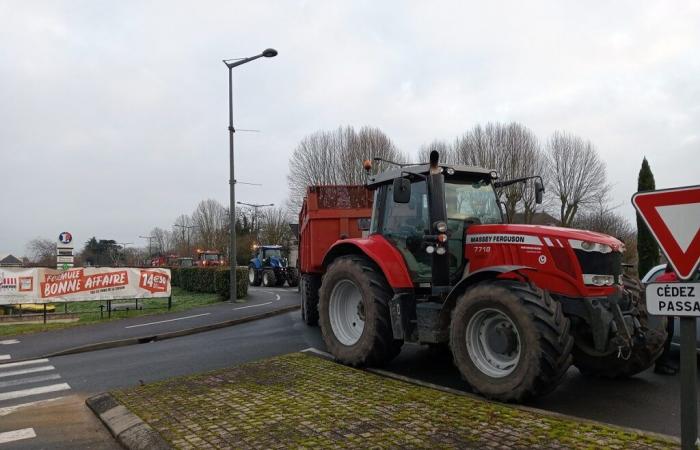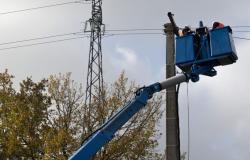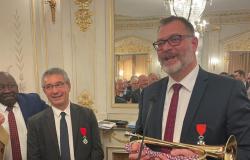
This meeting, which brought together around fifty participants, made it possible to analyze the impacts of the current crises – structural and cyclical – which are hitting the agricultural sectors hard. The discussions were rich and constructive, facilitating collective awareness and renewed commitment to finding viable solutions. In 2024, farmers in Maine-et-Loire face a series of cascading crises: extreme weather conditions delaying harvests, falling yields, planting difficulties, and rising production costs. Sectors that were previously spared, such as viticulture, are now experiencing drops in value of around 20 to 30%. At the same time, arboriculture is forced to take drastic measures to limit losses, while cattle and sheep farming are exposed to health crises and additional costs for vaccinations.
A need for clarity and perspectives for the agricultural future
Economic players reiterated the importance of a “CAP” for agriculture. They express their concerns in the face of persistent challenges: increased dependence on imports, international negotiations such as those of Mercosur, and the effects of the suppression of certain phytosanitary molecules. These situations raise concerns about the sustainability of the sector and the ability of farmers to remain competitive. Furthermore, local announcements, such as the closure of a slaughterhouse and the cancellation of milk collection, exacerbate the uncertainty.
Support measures and aid for operators in difficulty
In this difficult context, several measures are available to support farmers. Associations like REAGIR and Solidarité Paysanne, as well as state services, are putting in place concrete aid to support farmers in distress. The Departmental Directorate of Public Finances (DDFIP) offers solutions for renegotiation of overdrafts and tax deadlines, while the Mutualité Sociale Agricole (MSA) maintains crisis units and releases an envelope of 791,000 euros to support companies in difficulty. Local banks also closely monitor fragile operations, offering personalized solutions to stabilize the financial situation of their clients.
Renewed commitment of the State to Loire agriculture
At the end of this meeting, Prefect Philippe Chopin renewed his commitment to the agricultural sector, welcoming the constructive spirit and the mobilization of the participants in the search for suitable solutions. He affirmed his determination to raise the expectations of agricultural representatives, to intensify controls relating to the commitments of the Egalim Law, and to continue actions on the ground to monitor the evolution of the situation and build appropriate solutions.





